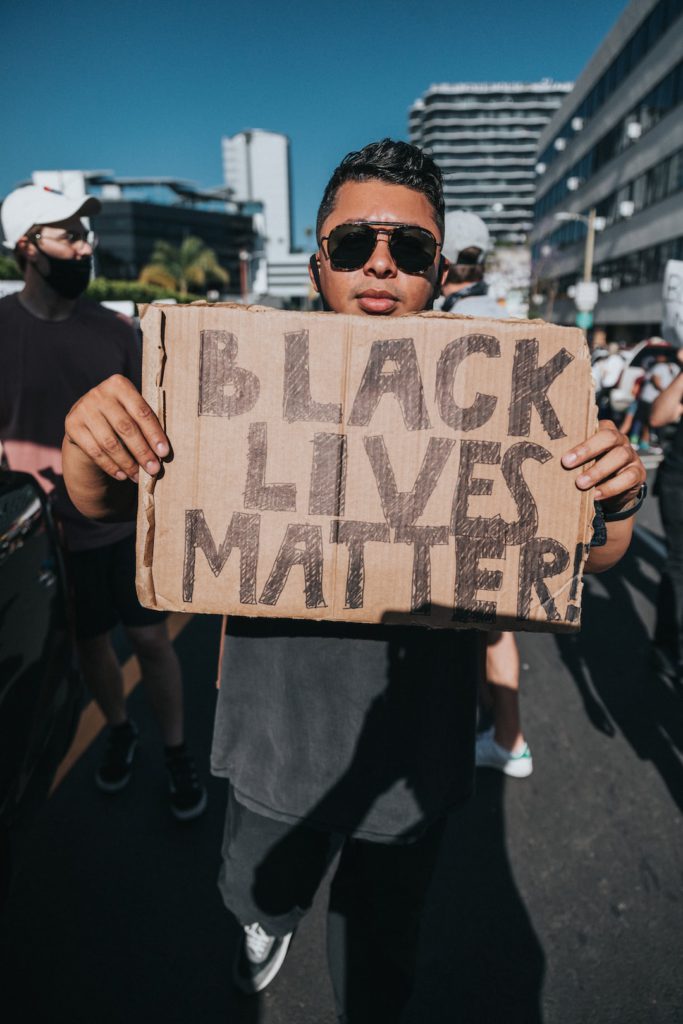Key Takeaways:
– The term “slut” is often used as a derogatory slur to shame and stigmatize individuals, particularly women, based on their perceived sexual behavior.
– The meaning and usage of the term “slut” have evolved over time, and it is important to understand the historical context and societal implications associated with it.
– The impact of using the term “slut” as a slur can contribute to harmful stereotypes, victim-blaming, and the perpetuation of rape culture.
– Promoting consent, respect, and understanding is crucial in combating the use of slurs and creating a more inclusive and equitable society.
Subheadings:
1. The Evolution of the Term “Slut”
2. The Stigmatization of Women and Sexual Double Standards
3. The Impact of Slurs on Individuals and Society
4. Challenging the Use of Slurs and Promoting Consent Culture
5. The Importance of Language and Respect in Building a Better Society
Introduction:
In today’s society, the use of slurs to demean and degrade individuals is unfortunately still prevalent. One such term that has garnered significant attention and controversy is the word “slut.” This article aims to explore the question, “Is ‘slut’ a slur?” by delving into its historical context, societal implications, and the impact it has on individuals. By understanding the complexities surrounding this term, we can work towards creating a more inclusive and respectful society.
1. The Evolution of the Term “Slut”:
The term “slut” has a long history, with its meaning and usage evolving over time. Originally, it referred to a woman who was untidy or slovenly. However, in recent decades, it has taken on a more sexual connotation, often used to shame and stigmatize women based on their perceived promiscuity. This shift in meaning reflects society’s deep-rooted discomfort with female sexuality and the desire to control and police women’s bodies.
2. The Stigmatization of Women and Sexual Double Standards:
The use of the term “slut” is deeply intertwined with the stigmatization of women and the existence of sexual double standards. While men are often praised for their sexual conquests, women are frequently judged and shamed for the same behavior. This double standard perpetuates harmful stereotypes and reinforces the notion that women should be chaste and modest, while men are expected to be sexually active.
3. The Impact of Slurs on Individuals and Society:
Using the term “slut” as a slur can have severe consequences for individuals and society as a whole. It contributes to victim-blaming, where survivors of sexual assault are blamed for their own victimization based on their perceived sexual behavior. This not only perpetuates rape culture but also discourages survivors from coming forward and seeking justice. Moreover, the use of slurs reinforces harmful stereotypes and can lead to the marginalization and exclusion of individuals who do not conform to societal norms.
4. Challenging the Use of Slurs and Promoting Consent Culture:
To combat the use of slurs like “slut,” it is essential to promote a culture of consent, respect, and understanding. This involves educating individuals about the importance of consent, dismantling harmful stereotypes, and challenging societal norms that perpetuate sexual double standards. By fostering an environment that values and respects individual autonomy and choices, we can create a society that is more inclusive and equitable for all.
5. The Importance of Language and Respect in Building a Better Society:
Language plays a significant role in shaping our perceptions and attitudes. By using slurs like “slut,” we contribute to a culture of disrespect and discrimination. It is crucial to recognize the power of our words and strive to use language that is inclusive, respectful, and affirming. By doing so, we can create a society that values diversity, promotes equality, and fosters a sense of belonging for all individuals.
Conclusion:
The term “slut” is undoubtedly a slur that has been used to shame and stigmatize individuals, particularly women, based on their perceived sexual behavior. Its usage perpetuates harmful stereotypes, victim-blaming, and the perpetuation of rape culture. To build a more inclusive and equitable society, it is essential to challenge the use of slurs, promote consent culture, and foster an environment of respect and understanding. By doing so, we can create a society that values and respects the autonomy and choices of all individuals, regardless of their sexual behavior.









